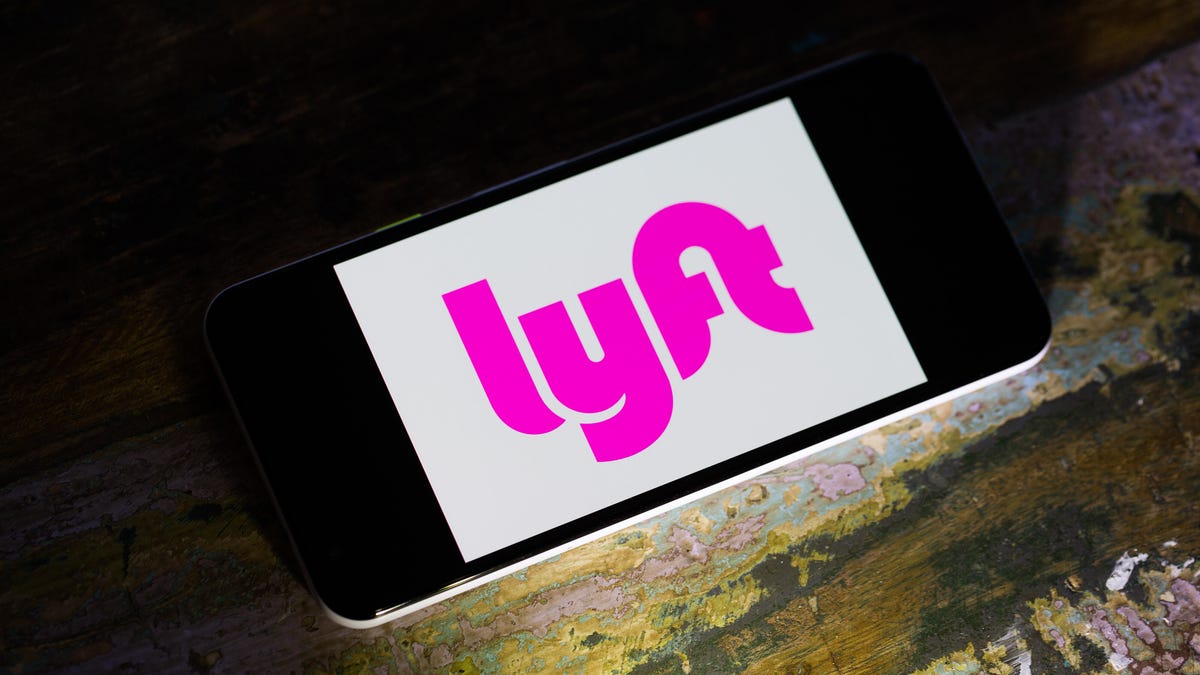Judge rules dozens of Lyft sexual assault cases can potentially be joined together
This was something the ride-hailing company tried to avoid.

At least 56 lawsuits have been filed against Lyft over alleged sexual assault by its drivers.
Dozens of women have filed lawsuits against Lyft over the last few months alleging the company hasn't done enough to protect passengers from sexual assault. On Friday, a California state judge ruled these lawsuits can potentially be combined together into one case. The ruling was confirmed on Tuesday.
The women in these suits say they've been assaulted by Lyft drivers, in situations that range from groping to kidnapping to rape. At least 56 lawsuits involving these sorts of allegations have now been filed against the ride-hailing company since August.
"Each of these plaintiffs' experiences are horrifyingly unique," said attorney Rachel Abrams of Levin Simes Abrams, which has brought 19 lawsuits against Lyft and requested coordinating the suits into one case. "But what has not been unique is Lyft's appallingly inadequate response to their trauma."
The lawsuits allege perpetrators are drawn to Lyft to prey on vulnerable women. They claim Lyft does substandard background checks on drivers and often doesn't deactivate them from the platform after sexual assault allegations. The lawsuits also allege that Lyft tends to stonewall victims, ignoring, dismissing or downplaying their claims.
For its part, Lyft says it's focusing on safety. The company says it's rolled out several new safety features over the last year, including continuous background checks and an emergency 911 button in the app. Lyft has also just initiated a mandatory "community safety education" course for all drivers.
"Today's ruling was on a preliminary, procedural issue on coordination of the cases only," a Lyft spokeswoman said in an email. "Each of these women raises highly individualized claims, and what they describe is something no one should ever have to endure. We will continue working to make Lyft an even safer platform for our community."
Initially, Judge Kenneth R. Freeman, of the Superior Court of California in Los Angeles County, ruled that the first 15 cases filed by Levin Simes Abrams can be coordinated, or joined, together. Once a coordinating judge is assigned to the case other suits can be added on, even those brought by other law firms. The suits just need to have similar allegations.
Dozens of lawsuits could potentially be included in the coordinated case -- meaning that if it goes to trial, one jury would look at all the cases together. This is something Lyft was trying to avoid. In a 104-page court filing opposing coordination, Lyft wrote that each allegation is different and many of the complaints come from outside California and therefore shouldn't be coordinated together.
Freeman didn't agree with those arguments, however.
"In the Court's view, the issues in the coordinated case will not center on the liability of the criminal defendants in the individual cases," he wrote in his ruling. "To the contrary, the predominating legal and factual issues will examine Lyft's liability for allegedly failing to institute a system to have prevented the assaults in these cases and potential future assaults."
Freeman also changed the venue for the coordinated case to be heard to San Francisco County.
Correction, Jan. 22 at 7:46 a.m. PT: Fixes spelling of Rachel Abrams's last name.

